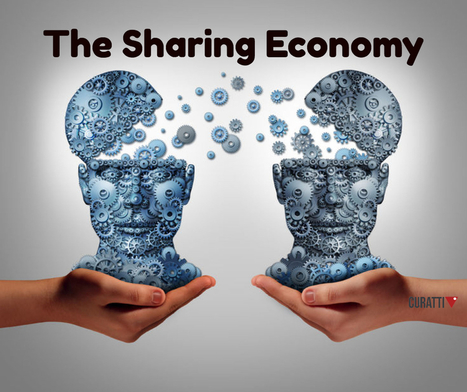The New Alternative Economic Systems (Part One)
The Emergence Of The Sharing Economy
Over the past few years, consumers have naturally developed, in the face of successive recessions, more rational purchasing reflexes. They have become more concerned about the relevance of their purchases and the social benefits they may have. More aware of the inequalities and the consequences of the enormous waste caused by the overconsumption of society, connected consumers are increasingly opting for platforms for the exchange of goods and services between individuals, without seeking to make profits and without intermediaries. And, if they choose commercial offer platforms, it is often in a context of collaborative economics and sharing. A new economic system is taking shape. It relies more on the pooling of goods, places or tools. And it is more geared towards use than acquisition. It is the sharing economy.
Already by 1994 – 1995, the giants of eCommerce (Amazon) and Ebay appeared, and the first collaborative platform were born. At the turn of the new millennium, platforms for the exchange of knowledge (Wikipedia), and sales of goods / services between individuals (Kijiji) were born. It is at the turn of the millennium, with the emergence of social media, that the first practices of couchsurfing and co-rent (Airbnb), and pooling of urban transport (Uber, Lyft) took root. Then, video and audio streaming subscription sites (Netflix, Soundcloud), and music (Spotify).
Learn more / En savoir plus / Mehr erfahren:
http://www.scoop.it/t/social-media-and-its-influence
http://www.scoop.it/t/21st-century-learning-and-teaching/?&tag=Social+Media+101



 Your new post is loading...
Your new post is loading...








Learn more / En savoir plus / Mehr erfahren:
http://www.scoop.it/t/social-media-and-its-influence
http://www.scoop.it/t/21st-century-learning-and-teaching/?&tag=Social+Media+101